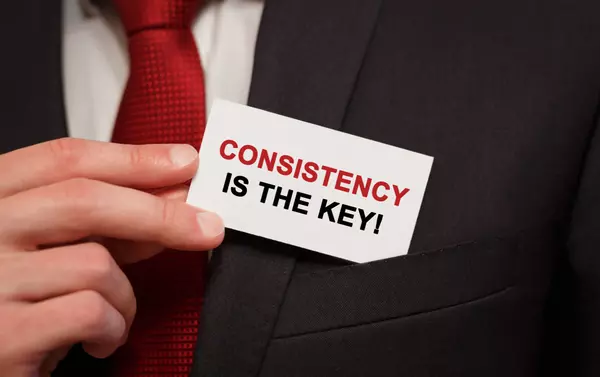Wrap It Up: Reimagine Property Financing with Wraparound Mortgages

Asa real estate developer and investor, you constantly search for creative ways to make property transactions more flexible and beneficial for all parties involved. One such approach that’s worth understanding is the “wrap” or wraparound mortgage. This creative form of seller financing can be beneficial, but it’s also complex and comes with its share of risks.
A wraparound mortgage, in simple terms, is a form of financing where the seller extends to the buyer a new mortgage that encompasses both the balance of the seller’s existing mortgage and any additional agreed-upon amount.
How Wraparound Mortgages Work
Imagine a seller, Mrs. Smith, with a house worth $250,000, on which she still owes $100,000. She sells the house to a buyer, Mr. Jones, who agrees to a purchase price of $250,000 but can only secure a bank loan for $150,000. Instead of letting the deal fall through, Mrs. Smith offers a wraparound mortgage.
In this scenario, Mr. Jones accepts a wraparound mortgage of $250,000 from Mrs. Smith. He begins making payments on that amount to Mrs. Smith directly. Mrs. Smith, in turn, continues to make her own mortgage payments on the original $100,000 loan. The wraparound mortgage effectively “wraps” the new $250,000 mortgage around the existing $100,000 mortgage.
Benefits of Wraparound Mortgages
-
Accessibility for Buyers: Wraparound mortgages can make homeownership accessible for buyers who may struggle to qualify for traditional financing.
-
Seller Profits: Sellers can benefit from higher interest rates on the wraparound mortgage compared to their existing mortgage. Additionally, they might be able to sell their property more quickly.
Risks Associated with Wraparound Mortgages
While wraparound mortgages can be attractive, they come with considerable risks that should be evaluated with the assistance of financial and legal professionals.
-
Dependence on Buyer Payments: The seller’s ability to make payments on their original mortgage depends on the buyer’s timely payments.
-
Due-On-Sale Clauses: Many traditional mortgages have due-on-sale clauses, meaning the full balance of the loan is due if the property is sold. While these clauses aren’t always enforced, it’s a risk that sellers should be aware of.
-
Legal and Financial Complexity: Wraparound mortgages are complex agreements. Both parties should engage a lawyer to ensure the contract protects their interests.
Conclusion
A wraparound mortgage can be a potent tool in the right circumstances, opening doors for buyers and potential profits for sellers. However, they’re not without risk, and it’s crucial to navigate these deals with the help of a lawyer and a financial advisor.
As always, remember that knowledge is power in real estate investing. Understanding the various tools at your disposal, including wraparound mortgages, will help you make informed decisions that align with your financial goals.
Categories
Recent Posts











"My job is to find and attract mastery-based agents to the office, protect the culture, and make sure everyone is happy! "
